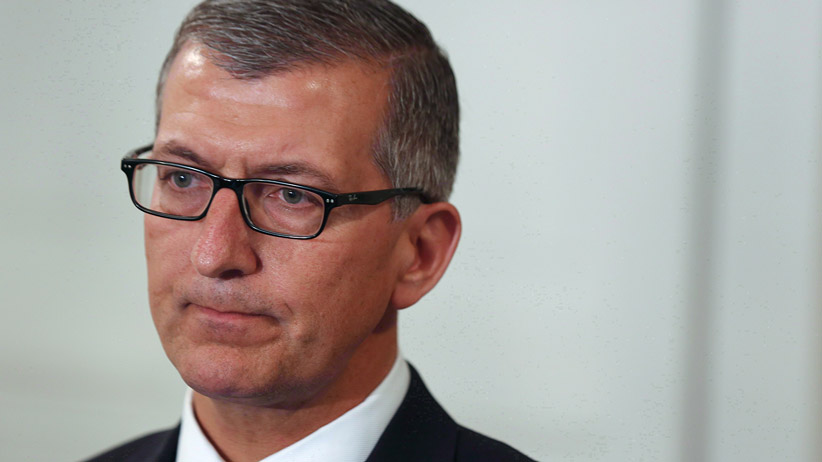Losers and winners in economic policy
What the dispute between Ottawa and Newfoundland says about touting the benefits of economic policy
Newfoundland and Labrador Premier Paul Davis
Share

Newfoundland is rattling its sabre again. This time it is refusing to enforce the terms of the Canada-EU trade agreement (CETA) regarding government procurement unless the federal government pays the compensation Newfoundland claims it was promised.
But wait a second. Isn’t the CETA good for Canada? Aren’t federal ministers and business lobby groups trumpeting its advantages? In reality, when it comes to economic policy changes, there is no such thing as “good for Canada” or even a “good for Newfoundland.” There are just groups of individuals with different interests. When an economist tells you some economic policy change is good for Canada or Ontario or Calgary, they are forgetting some basic undergraduate economic theory.
In undergraduate courses, economics students discover that theory gives them few tools to compare the well-being of different individuals. Economists usually fall back on the concept of “Pareto improving” policy changes. Named after 19th-century engineer and economist Vilfredo Pareto, the concept denotes a reallocation of resources that makes at least one individual better off while making no one else worse off. Needless to say, there are few policy changes that leave absolutely nobody worse off.
Some policy changes have the effect of increasing the total amount of resources available. These changes are often labelled “good” by economists because, in theory, the losers could be fully compensated with resources left over to make the winners better off. The problem is, in reality, losers are rarely, if ever, fully compensated. This is why dairy farmers oppose a Trans-Pacific Partnership agreement that would spell the end of marketing boards. It’s why automakers worry that free trade will give Korean automakers greater access to Canada without Canadians gaining greater access to Korea. It’s the reason that Newfoundland is currently rattling its sabre over CETA.
This is not to say that governments should never make policy choices that create winners and losers. Rather, we should be honest that losers have good reason to believe they will end up with the short end of the stick. Governments need to work harder at ensuring the losers won’t be left high and dry. They could also be a little more modest in touting the benefits of their policy choices.
Paul Boothe is professor and director of the Lawrence National Centre for Policy and Management at Western’s Ivey Business School